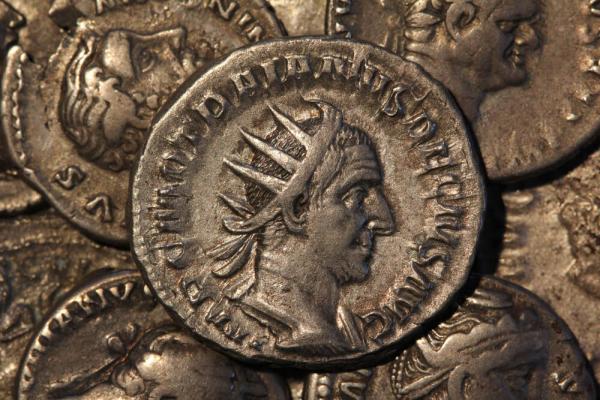Nov 7, 2019
Unfortunately, Romans 13 is often interpreted by those who favor obedience to the status quo as saying that God demands that we always submit to the authorities, because their power comes from God. The most egregious example of this position in recent months is when children were being torn away from their parents at the U.S.-Mexico border, and then-Attorney General Jeff Sessions and then-White House Press Secretary Sarah Huckabee Sanders called family separation “biblical,” citing Romans 13.
Read the Full Article

Already a subscriber? Login
